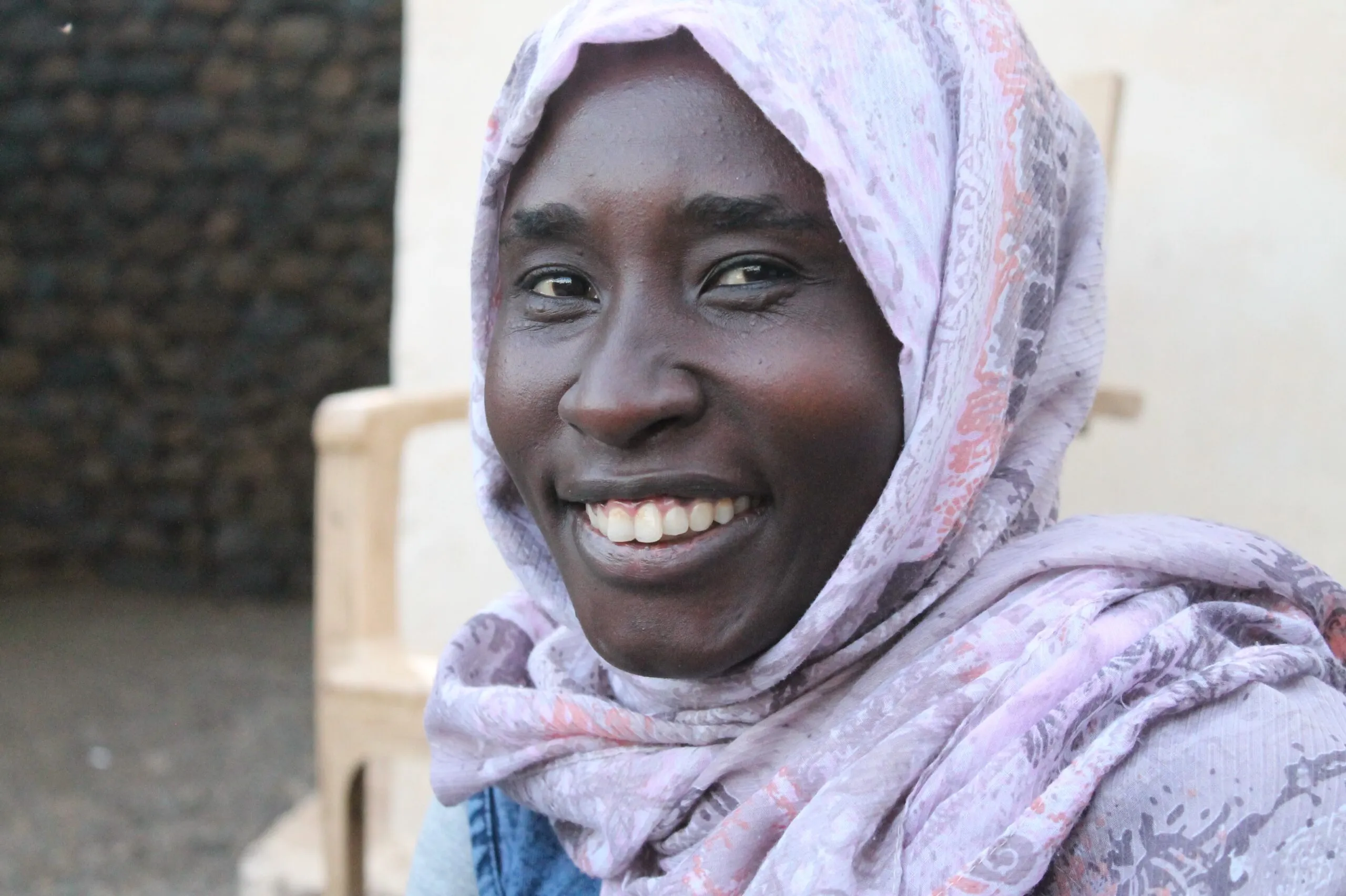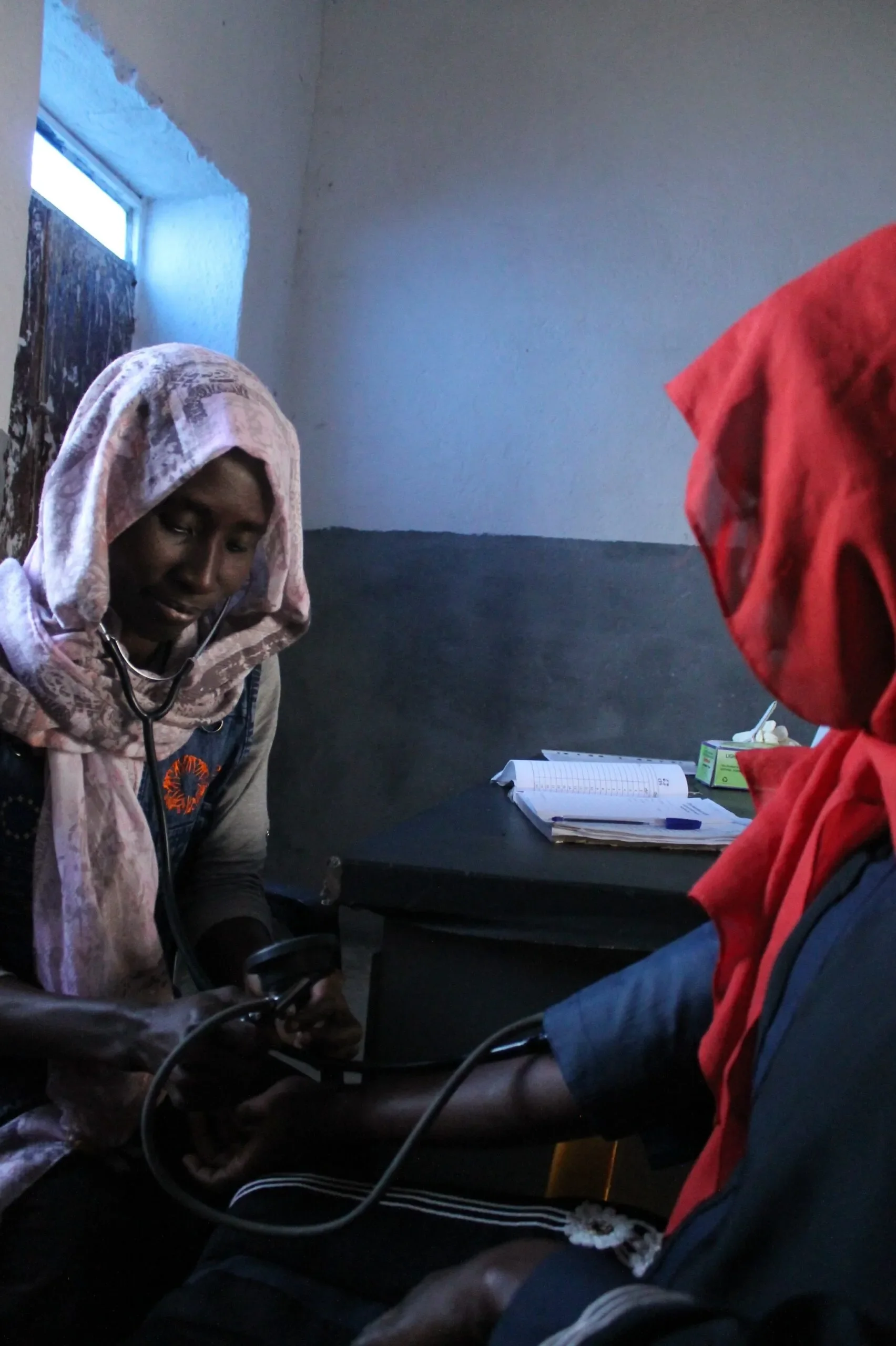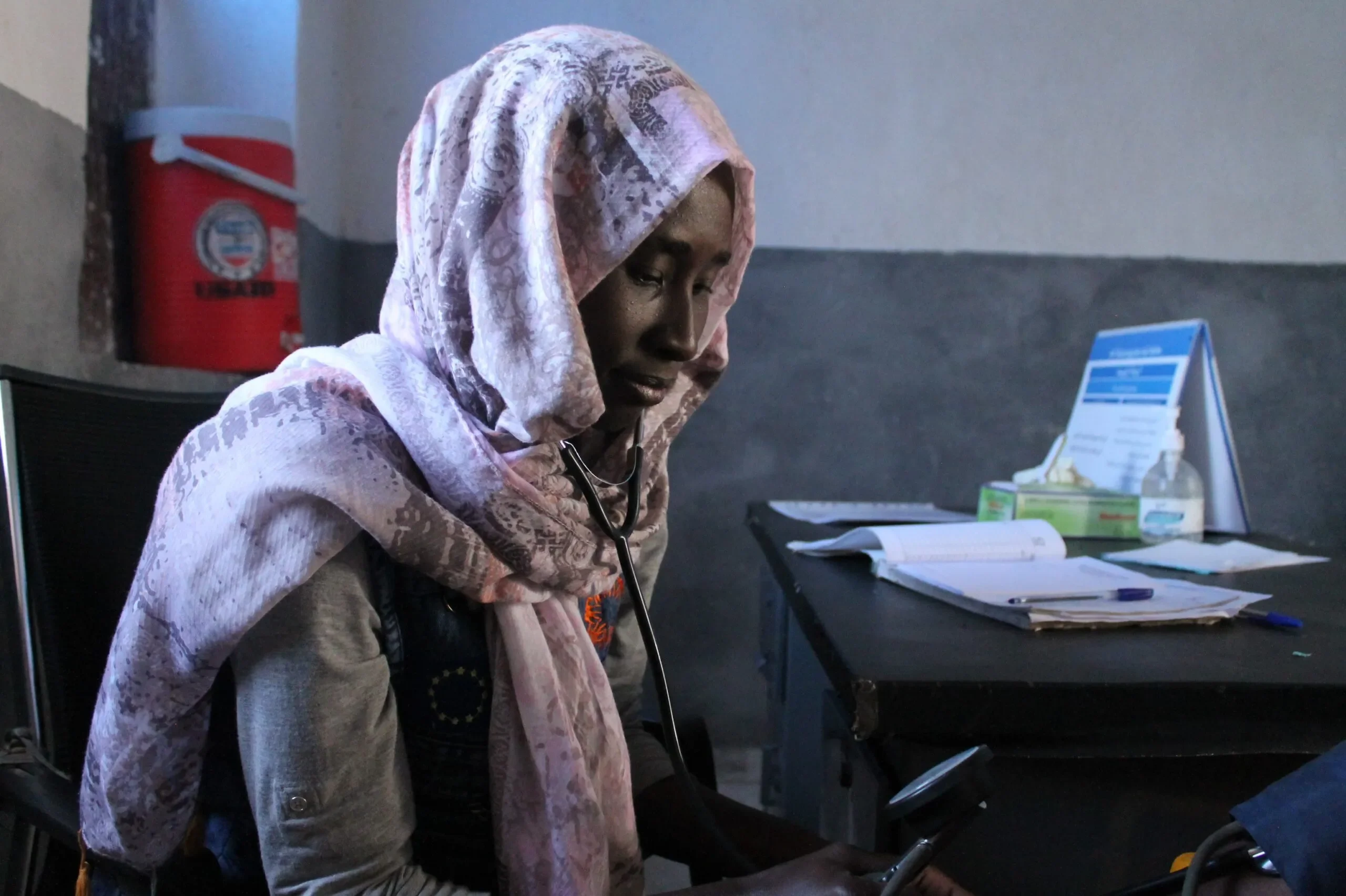‘There is no electricity at the clinic, so if there is an emergency at night, I have to hold a flashlight’
The clinic is open five days a week, and being the only doctor, I am always on call. For any emergency at night or on my days off, I still go and help.
Recently there have been some emergencies late at night or very early in the morning — such as complicated deliveries brought to the clinic, a case of severe malaria, and a child who fell from a donkey and needed his wound sutured with more than 7 stitches. I have also been called to deliver babies in peoples’ homes twice — both times the mother and baby were safe and well.
We provide immunizations to all children and treat trauma and injuries. Goitre (thyroid) issues are also very common up here, due to an iodine deficiency in the water. Even in children, we see this. Skin diseases are also common, from washing clothes in bad water or sharing clothes. Urinary tract infections (UTIs) are also common, particularly in women.
I support pregnant women and deliveries. Most women choose to deliver at home with traditional midwives, but we encourage them to come here, as we have drugs and medical support. We also have contraceptive pills at the clinic and encourage women to have gaps between pregnancies.
A typical day
I wake up around 5 a.m. to pray and then go back to sleep. At 7 a.m. I wake up again to start the day. I eat some hot milk and maybe a few biscuits. At 8 a.m. I get to the clinic and start working.
I treat all sorts of patients. Respiratory tract infections are very common here, due to the cool weather and the charcoal cooking fires. Diarrhea is probably the second most common illness. But I also deal with traumas, like lacerations from falling or from being kicked by a donkey. I see some cases of malaria, but not so often, especially at this time of year.
At around noon on a good day, I go back to the CARE guesthouse to eat. On a busy day, I might not eat until 2 p.m. After I go back to the clinic and work until 3 or 4 p.m. when the clinic closes, depending on how busy the day is.




